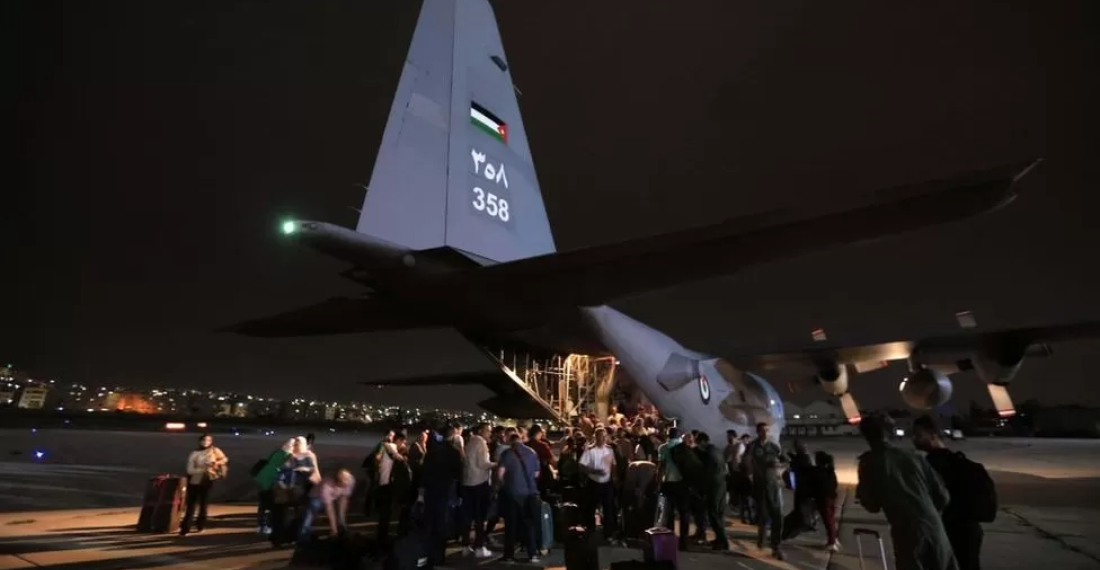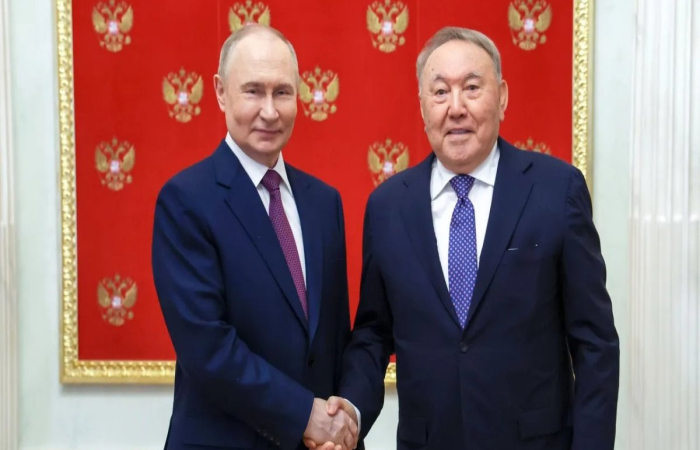Countries have begun evacuating their diplomats and nationals from the Sudanese capital of Khartoum as fighting between the army and a rival paramilitary group continues to rage after a power struggle erupted into violence on Sunday (15 April).
The United Kingdom and the United States announced on Sunday (22 April) that they had evacuated their respective diplomats, as had France, Germany, Italy and Spain.
The US embassy in Khartoum is now closed, while a tweet on their official feed has said that it is no longer safe to evacuate private US citizens. Meanwhile the UK Foreign Minister James Cleverly said options to evacuate the remaining British nationals in Sudan were "severely limited".
The French President Emmanuel Macron confirmed that a plane carrying both French and Dutch citizens had arrived in Djibouti on Sunday, while another evacuation took place on Monday, taking the number of people evacuated so far to 388.
The German army has said that the first of three planes had left Sudan bound for Jordan, with 101 people on board. Italy and Spain have evacuated citizens, with the latter also evacuating citizens of Argentina, Columbia, Ireland, Portugal, Poland, Mexico, Venezuela and Sudan. Canada has also evacuated its diplomatic staff, and Turkey is also undertaking evacuation efforts.
Gulf countries
On Saturday (21 April), 150 people mostly from Gulf countries as well as Egypt, Pakistan and Canada were evacuated by sea to the Saudi Arabian port of Jeddah.
Many foreign students - mostly from Africa, Asia and the Middle East - remain stuck in Khartoum amid desperate calls for assistance to escape the fighting.
The power struggle between the Sudanese army and the Rapid Support Forces have escalated markedly in the past week, resulting in heavy bombardment in the capital city of Khartoum, killing hundreds and injuring thousands more.






